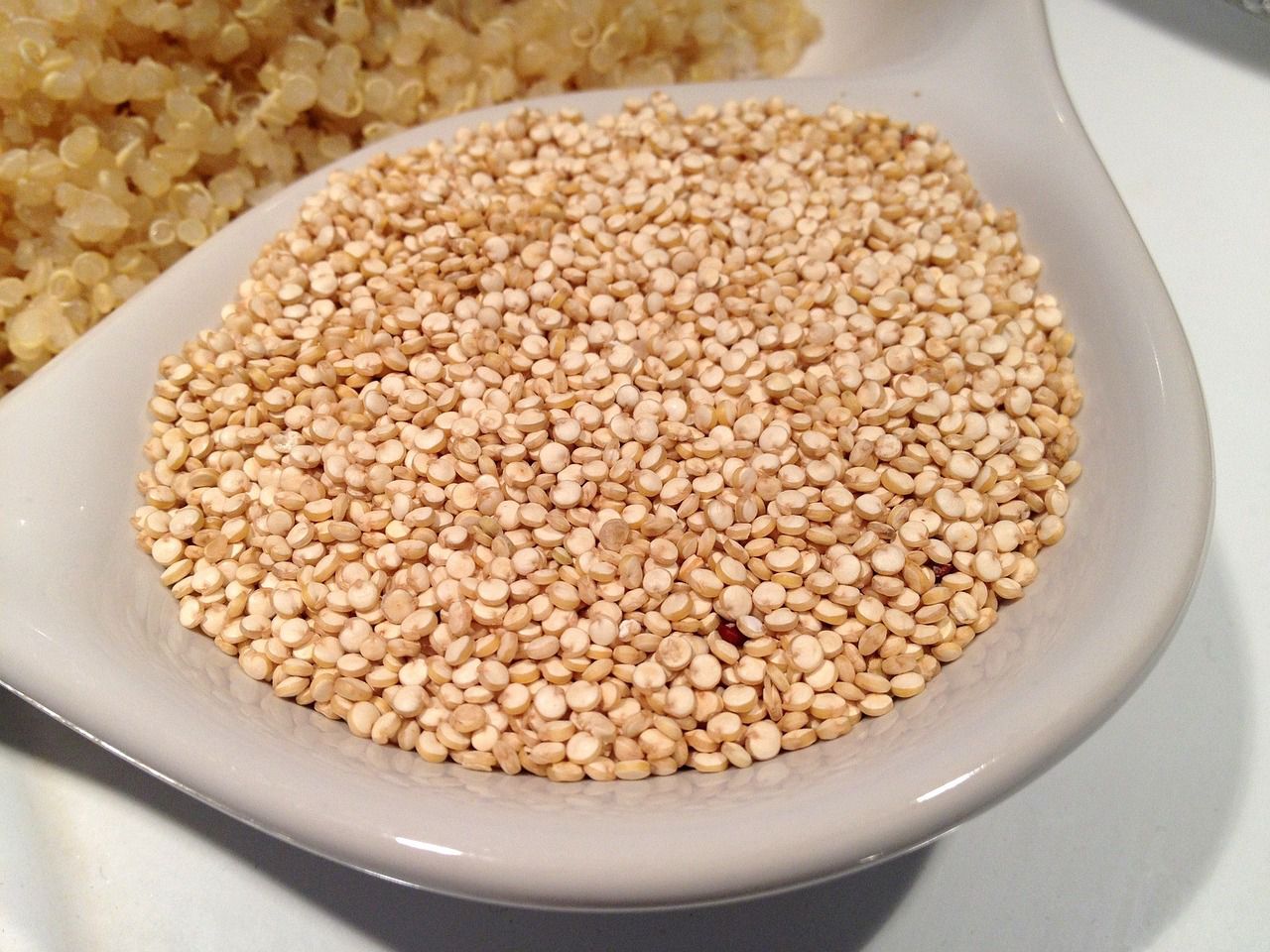The best ways to store grains: Keep them safe from pests and mold
The best way to store grains depends on the type of grain and the specific conditions of your storage area.
However, here are some general guidelines for storing grains to maintain their quality and freshness.
Let's find out more!
Choose airtight containers
Store grains in airtight containers, such as glass jars with tight-fitting lids or food-grade plastic containers.
Airtight containers help prevent moisture and pests from entering and keep the grains fresh for longer.

Use oxygen absorbers
To further protect against spoilage, you can add oxygen absorbers to the containers before sealing them.
Oxygen absorbers help eliminate oxygen, which can contribute to the growth of mold and insects.
Consider refrigeration or freezing
Some grains, such as whole grains or flour, can be stored in the refrigerator or freezer to extend their shelf life.
If using this method, ensure the grains are properly sealed in airtight containers to avoid absorbing odors from the fridge or freezer.
Label containers
Label each container with the type of grain and the storage date. This helps you easily identify and manage your grain inventory.
Consider vacuum sealing
For long-term storage, vacuum sealing your grains can help maintain freshness and prevent the entry of air and moisture.
